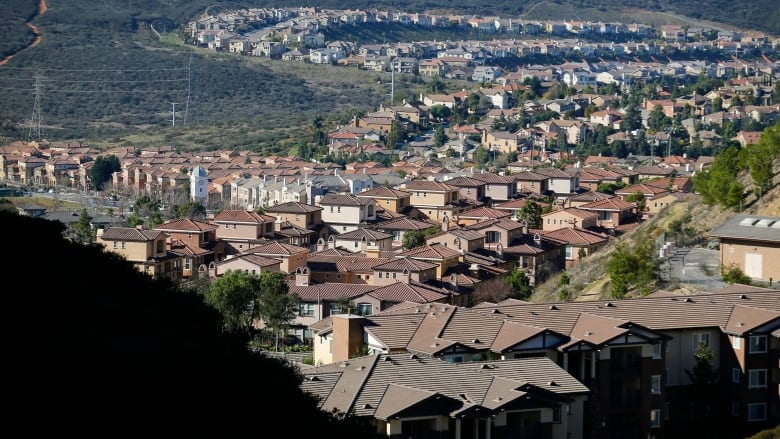CBC News · Emily Chung · Posted: Nov 13, 2018
Read the full article HERE

Climate change isn’t the only thing that will be heating up cities in the future — urbanization hikes temperatures too.
A new study led by a University of Guelph researcher looks at how climate change will affect urban and rural areas differently, finding both good news and bad news.
The good news, according to the study led by Scott Krayenhoff, an assistant professor of environmental sciences at the Ontario University, is that climate change appears to reduce the temperature boost from urbanization, known as the “urban heat island effect.”
The bad news is the combined heating effects of climate change and urbanization can’t be cancelled out by adapting urban design for a warmer climate, especially when it comes to nighttime warming, says a report on the study published this week in Nature Climate Change.
You’ve probably heard of the “urban heat island” effect. It’s caused by the fact that urban building materials like asphalt, concrete and brick soak up more heat during the day than grass and trees, and release it in the late afternoon and evening, hiking temperatures around 2 C to 3 C at those times of day.
That means urban areas are warmer than rural areas even in the absence of climate change.
Krayenhoff wanted to know what would happen if you added the urban heat island effect to climate change — would they add up as expected?
Read the full article HERE


